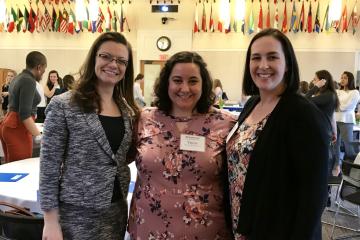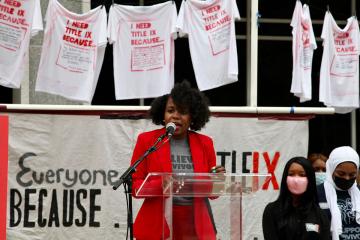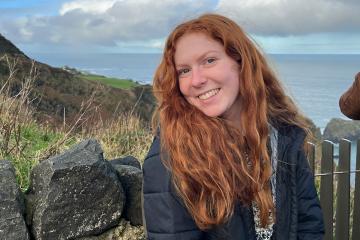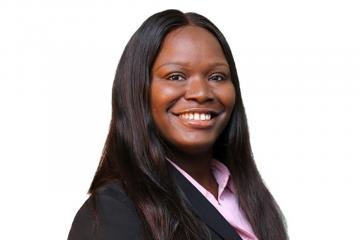Dr. Masato Aoki started his college education as a pre-med major. In his second semester, he discovered economics, and has been a student of economic systems ever since. He continues to be fascinated by the dynamics that subject the economy to instability and even crisis; competing economic theories, from those that celebrate market outcomes to those that problematize class; economics as a window into social justice issues; and education reform movements as reflections of economic priorities. While he did not become a physician, he has devoted his life to studying the physiology and metabolic system of an important patient: the economy.
Aoki loves teaching as a craft, as a way to inspire students, and as a way to be inspired by students and colleagues. The classroom is a sanctuary, and time preparing for class and helping students pursue their own research is precious. Teaching extends to working one-on-one with students during office hours and engaging in intellectual play with the Economics Student Liaison (similar to economics “clubs” at other institutions). He also takes great pleasure in advising students, which for him means helping them (1) discover their passions, (2) figure out what difference they want to make in the world and how to prepare to make that difference, and (3) navigate Simmons and Boston to get the most out of their college experience.
Education
- PhD, Economics, from University of Massachusetts, Amherst
- BA, Economics and Japanese Studies, from Bucknell University, Lewisburg, Pennsylvania
Courses
- Principles of Macroeconomics
- Intermediate Macroeconomics
- Money & Banking
- Political Economy of U.S. Capitalism
- Honors Learning Community — Democracy or Apartheid: Race, Class, and Meritocracy in America
Research/Creative Activities
Long-time education historian Diane Ravitch chronicles her intellectual and policy-advisor’s journey in The Death and Life of the Great American School System: How Testing and Choice Are Undermining Education (2010). Ravitch helps us understand that the economic pressures motivating education reform movements — including choice, testing, and accountability — go back to the 1983 report, A Nation at Risk. Dr. Aoki's work focuses on understanding these economic pressures and why we should heed Ravitch’s advice to put curriculum and instruction back in the center of our attention. We should follow John Dewey’s lead in understanding what is at stake: the realization of education’s central role in global citizenship, democracy, and our growth as individuals and societies.
A second research interest is in understanding contemporary economic policies in the context of lessons we have learned or failed to learn, lessons from the master economists Smith, Marx, and Keynes.







